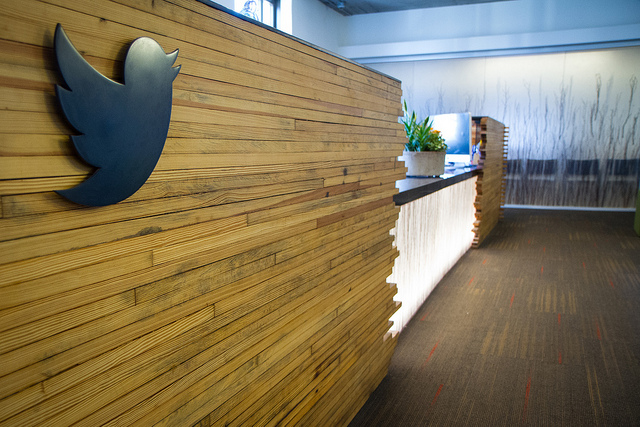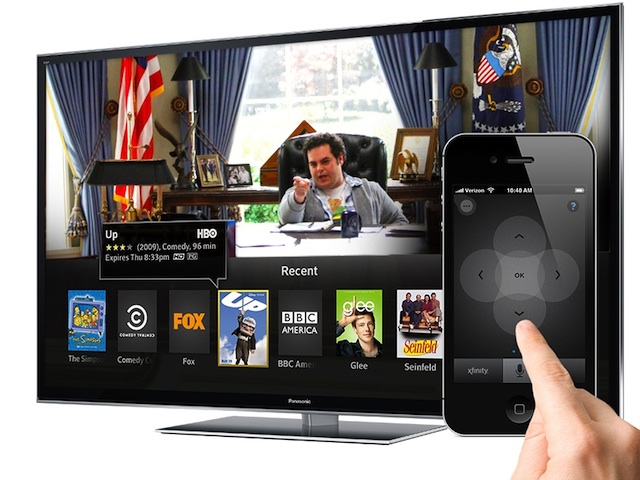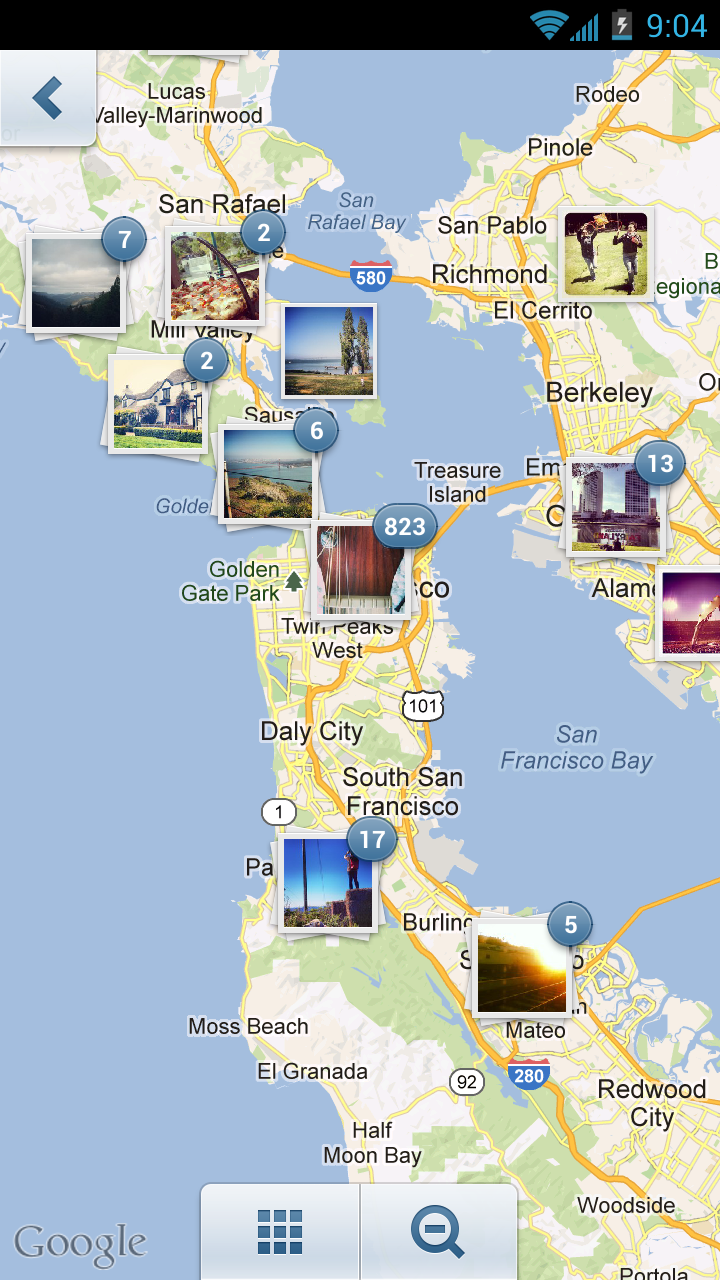Twitter is in trouble, its share price has fallen 70% in the past two years and the service is not gaining new users. To halt the stagnation, CEO Jack Dorsey is reportedly considering ditching the 140 character limit.
Commentator Josh Bernoff suggests playing with character limits will do little to address Twitter’s lack of momentum which is almost certainly correct given the underlying problems at the service.
The one most desired feature by Twitter users is the ability to edit their posts, although the New York Times points out this may not be a good thing, another popular change would be for the service to crack down on abusive behaviour.
Stagnant management
It seems however that Twitter’s management can’t make those changes and this is understandable given the company’s executives not understanding how the service is used and their desperate obsession to justifying its stock valuation which, despite falling 70% over the past two years, is still $14 billion.
Justifying that stock valuation with no clear path to monetising the service is a paralysing problem which means other useful changes aren’t being made while the company still embarrassingly cosies up to sports, pop and movie stars in the hope their fame will bring advertiser dollars to the platform.
For Twitter the solution is to accept they aren’t a fourteen billion dollar company which would take the pressure off the executive team to find unsustainable ways to justify that valuation and instead focus management’s efforts on improving the user experience.
Making Twitter useful
To make the service more useful, management has to understand how Twitter is used which means finding experienced and capable leaders who also use the service.
Adding features that allow users to make some changes to tweets and lists would be a start and clamping down on the bullies, trolls and frauds to make it more friendly to new entrants would be a start. Creating an easy way for new users to find useful information would also help engagement and retention.
The most important task though is finding executives who actually use Twitter and have an understanding of social media instead of hiring from the tech, advertising and broadcasting industries without any regard of whether those individuals have ever used the service.
Twitter is a valuable service but it’s dying as management play games. If it is to survive, accepting it isn’t as big as it wants to be and finding leaders who understand why its users find it so useful is essential.



